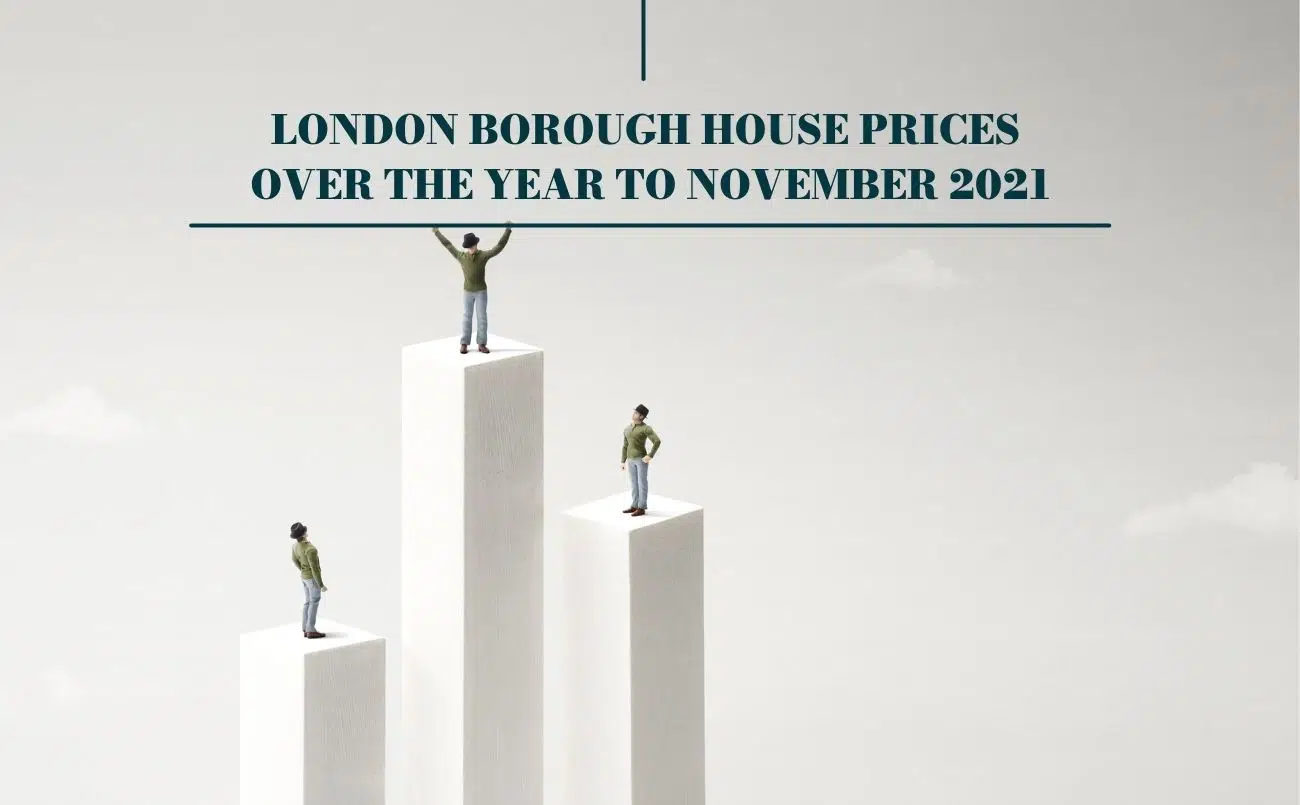
Buyers and sellers embroiled in bidding wars, chains and negotiations know all too well how overheated the UK property market has been over the past year. So the revelation that the average house price had gone up 1.8% since February, making the average property value in England £274,615, hardly caused shock waves. But what caused the rise in the UK house price index in March.
The winners and losers from the UK house price index
The overall winners were the North East of England, Yorkshire and the Humber with gains of 3% to 3.4% on the previous month. London is still lagging behind the North and Southern counties with a meagre 1% increase in price growth, but sales are picking up as lockdown restrictions lift.
What’s happening with London house prices and buyers?
Overseas buyers from Hong Kong and the UAE remain interested in the capital, with some waiting for flight restrictions to ease before purchasing. Meanwhile, freehold properties, in leafier boroughs, continue to sell quickly on and off market. Whilst investors seize the opportunity to buy up good rental stock, with the expectation of prices increasing as normality returns to the city.
For the London property market, cash remains king with the average transaction price at £522.33, against a mortgage average transaction price of £493.48. On the whole, prices in the city have always exceeded the rest of the country. The increase may appear small but the difference is still substantial despite the pandemic reducing the divide, with the trend to greener pastures.
What’s responsible for the increase in first time buyers?
The government’s mortgage guarantee scheme which provides HLV mortgages with deposits of 5 % have encouraged lenders to return to the marketplace with alternative offerings. This though, can not be attributed to the 9.4% uplift in first time buyers from last year, as the scheme only launched on the 19th of April 2021. Instead, it’s the savings accrued during the pandemic that has helped boost buyers deposit funds and ability to move. Also, the shift to working from home, gave first time buyers the freedom to move out of town, where their budget afforded them more.
How the stamp duty holiday influenced the market?
The Government’s great marketing ploy “we will save you money” hoodwinked the public into believing the stamp duty holiday saved buyers up to £15,000 in tax. What it’s actually done is cost buyers more for freehold homes and only partially benefited those with apartments. By increasing the price per sq ft of a street, they have cleverly ensured greater long term gains for the treasury post holiday.
If you were wondering how the government was going to pay back some of the losses from the pandemic, the stamp duty would be a good place to start.





